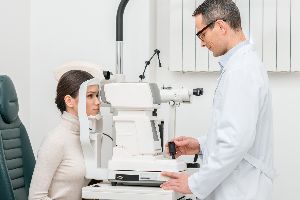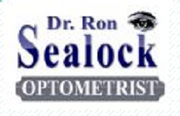
Maintaining healthy vision for life entails being educated about common eye issues. That's why many people bring up floaters during their routine eye exams, especially when they're a new occurrence. Most floaters are completely harmless, but it does help to understand what they are and why they occur.
What Are Eye Floaters?
The vitreous is a clear gel that rests between your lens and retina. This gel also contains collagen, which tends to break down over time. As collagen in the vitreous breaks down, individual segments can merge together and form small clumps. These clumps can cast a shadow on the retina as they move around, and the shadows they create are the floaters you see in your vision.
Many floaters appear small dots, which can be black or gray. They can also look like transparent threads or lines, which may appear squiggly. They're usually most apparent when looking at something bright, such as a light bulb or the sky on a bright day. They will migrate around your field of vision as you look at different objects. If you try to focus on a floater, they will move away.

How Are Eye Floaters Treated?
When floaters are a part of the natural aging process, they typically don't require treatment. However, older adults are encouraged to undergo regular eye exams to ensure their vision is healthy.
Additionally, you should seek out immediate treatment if you notice a new floater, or if there seems to be more of them in your vision. In this case, you may be experiencing a retinal tear or detachment, which can also cause flashes of light and vision loss.
As far as treatment, retinal damage can require surgery for repair. If floaters are obstructing your vision due to their size or number, you can talk with your eye doctor about a vitrectomy. This procedure entails replacing the vitreous with a saline solution, which will also remove clumps of collagen.
If you're overdue for an eye exam in Dothan, AL, it's time to contact Dr. Ron Sealock. This eye care clinic is known for combining extensive knowledge with state-of-the-art technology, including the Zeiss Clarus Retinal Camera and IWellness scan. Along with preventative care, Dr. Sealock can also address eye disorders like glaucoma and cataracts to stop damaging effects and restore your vision. Visit the website to learn more about their services, or call (334) 793-9607 to schedule an appointment today.
About the Business
Have a question? Ask the experts!
Send your question

